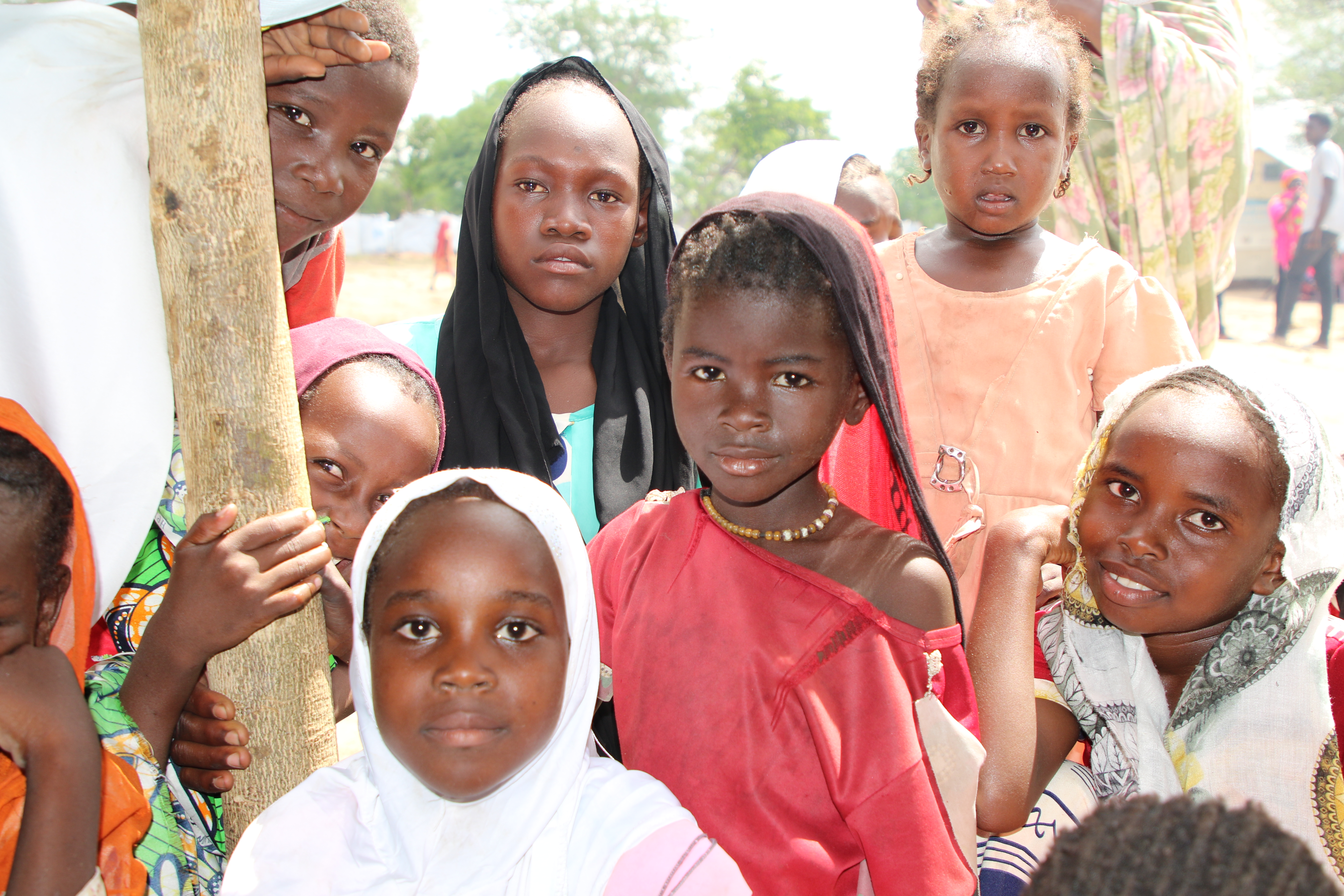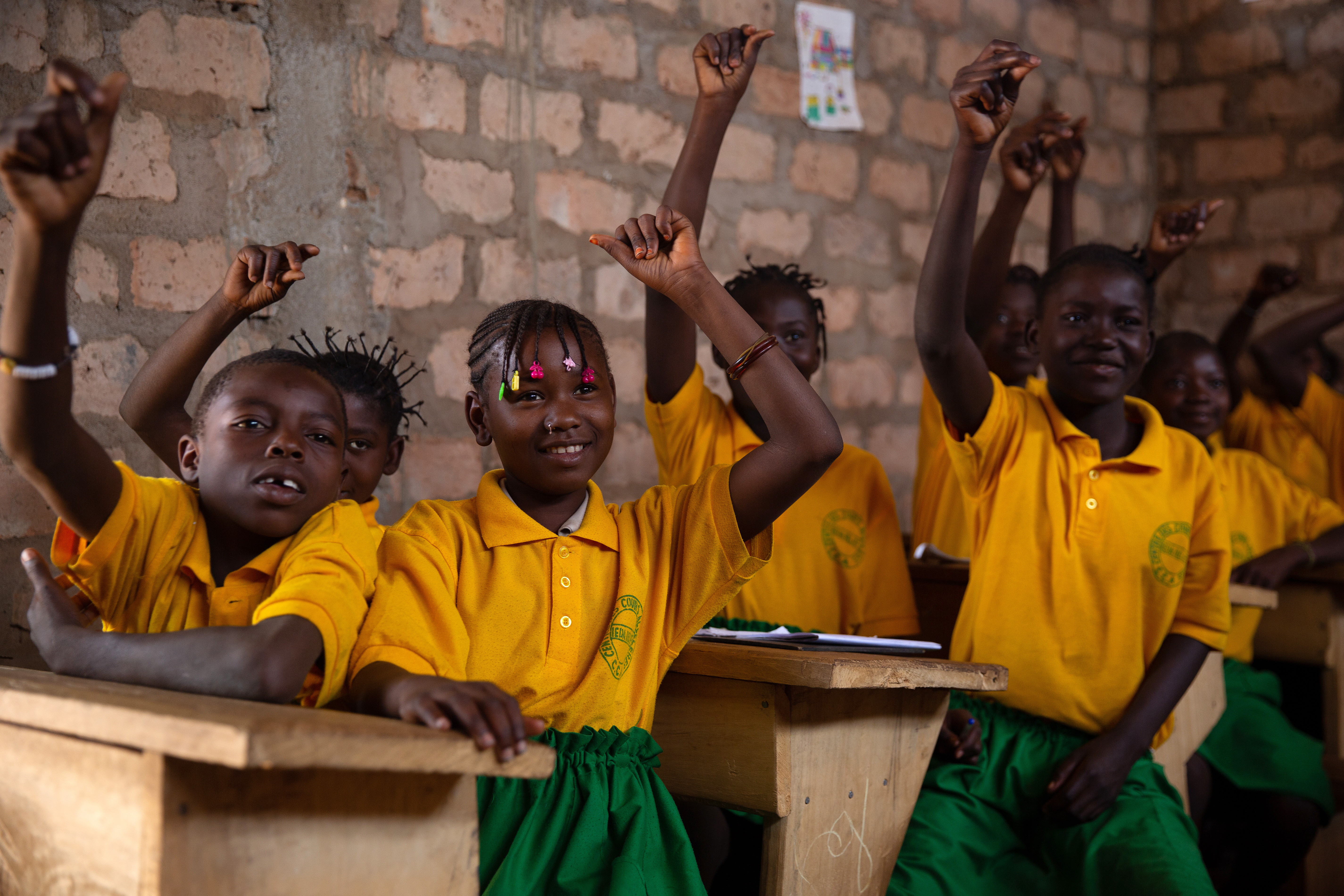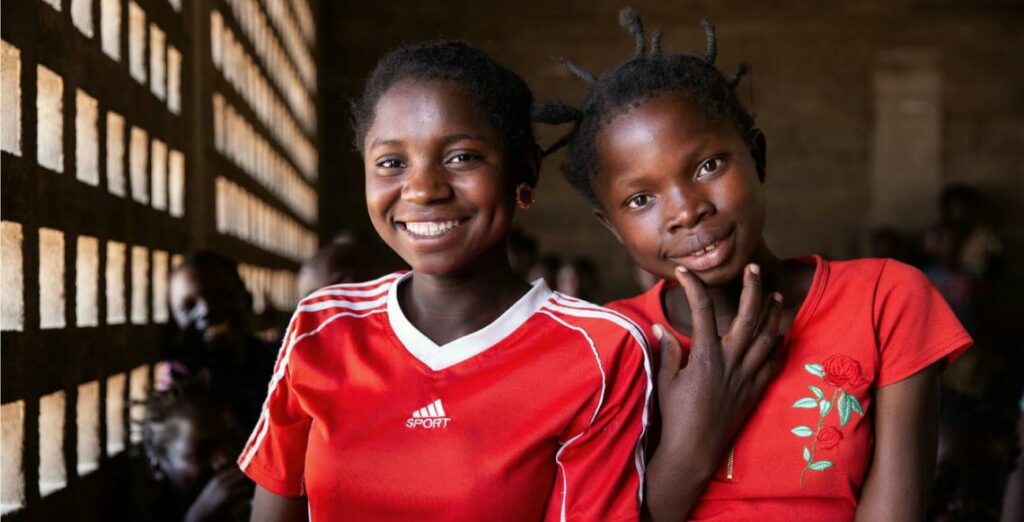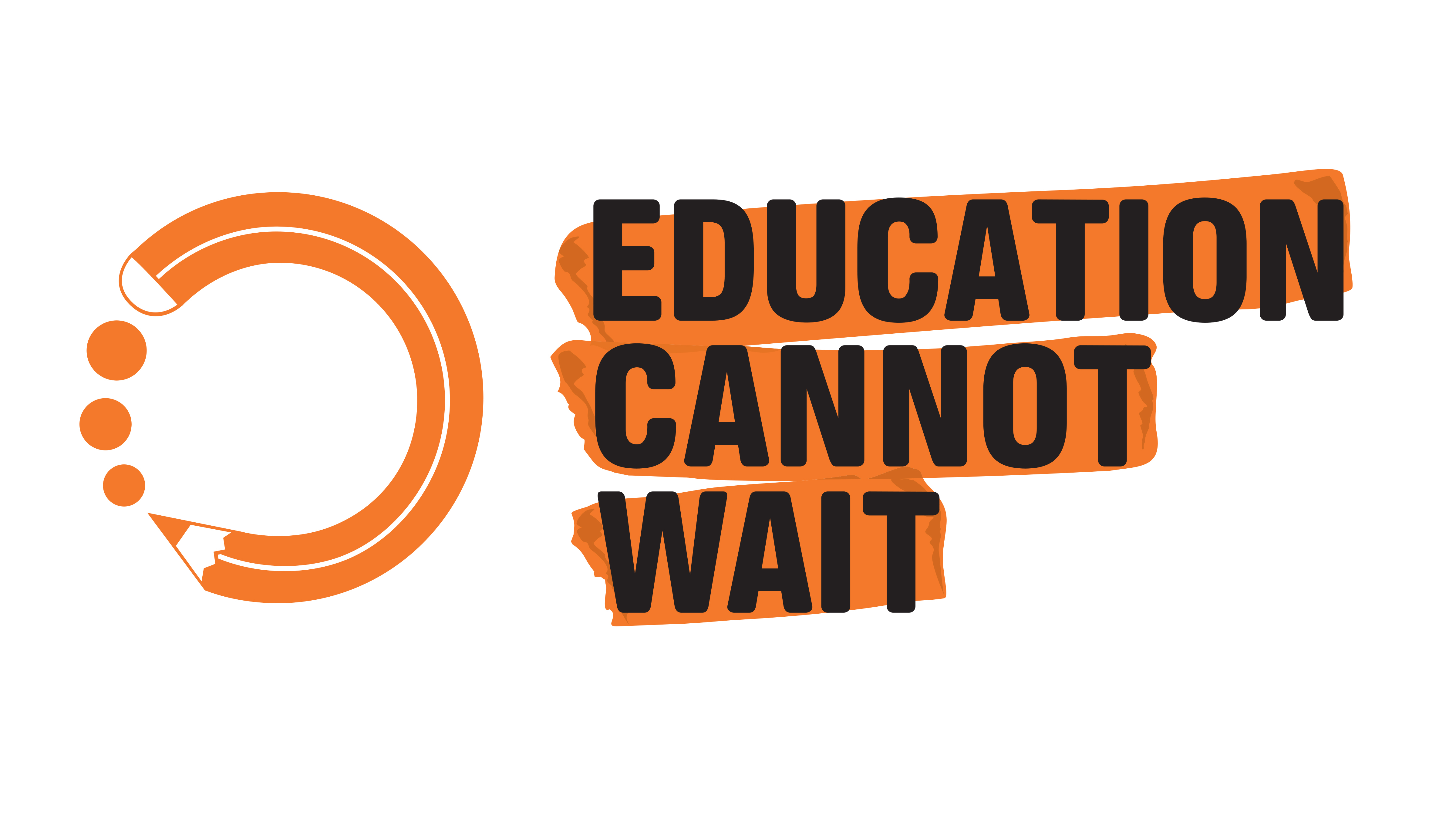Education Cannot Wait Announces US$2 Million First Emergency Response in the Central African Republic: Total Funding Reaches US$70 Million

ECW Executive Director Yasmine Sherif Calls for Increased Support for Central African Republic
In response to multiplying crises that are impacting both host community and refugee children in the Central African Republic, Education Cannot Wait (ECW) announced today a US$2 million First Emergency Response grant. ECW-financed programmes in the Central African Republic have already reached approximately 250,000 children with close to US$70 million in total funding.
ECW Executive Director Yasmine Sherif announced the new tranche of funding after a UN mission was conducted by ECW Deputy Director Graham Lang and UNHCR – together with local education authorities and implementing partners – this week to the border regions with Sudan.
To date, approximately 15,000 people have fled the war in Sudan and crossed into the Central African Republic, of which the majority are refugees. ECW is supporting the efforts, led by UNHCR, with the government, donors, UN agencies, civil society and local communities to build a coordinated and inclusive multi-country response to the regional refugee crisis.
“We must not forget the children who pay the heaviest price of crises in Africa. Conflicts, climate change, COVID-19, poverty, hunger and forced displacement are putting more children at risk every day. Without safe, quality learning environments, these children and adolescents face unimaginable protection challenges, including recruitment into armed groups, child marriage and other forms of abuse. There is no end to the ordeals they have to experience in their young lives. We cannot leave them behind. World leaders must step up their support for ECW and our strategic partners in responding to these interconnected crises. By investing in a holistic quality education before it is too late, we bring hope and a pathway for a better future,” said Sherif.
The Central African Republic is one of the world’s least developed countries, where 79% of people live in poverty, 45% are food insecure, and three out of four people require humanitarian assistance. Only a third of children here will finish primary school, and only one out of ten will graduate from secondary school. Across the country, at least 1.5 million school-aged children are in need of education support.
The new investment will be delivered by UNHCR in Birao, in the north of the Central African Republic, where incoming refugees and returnees from Sudan are being relocated. The needs are substantive and continue to grow. There is only one school and one teacher in the area and, without the safety and protection of quality learning environments, many children will be forced to drop out.
“For children who arrived from Sudan and the communities that so generously welcomed them, education has the power to open doors and unlock dreams. This grant will allow them, both girls and boys, to regain access to protective, inclusive and quality education,” said Fafa Olivier Attidzah, UNHCR Representative in Central African Republic.
The rapid development of the First Emergency Response grant will be led by local education authorities, in collaboration with UNHCR and key partners on the ground. The grant will target both refugees, as well as the communities that host them. It will reach these learners by ensuring access to quality education services, providing language training and catch-up classes, strengthening protection and mental health and psychosocial support, reinforcing educational infrastructure, including water, sanitation and hygiene facilities, supporting teachers and rallying community support around education.
Across the world, more than 72 million crisis-impacted children are out of school, according to ECW’s new Global Estimates study. About 54% of all crisis-affected children of primary and secondary school age live in sub-Saharan Africa. It is also the region with the highest out-of-school rates. About half of the crisis-affected children in sub-Saharan Africa do not attend secondary education, which carries vastly negative socio-economic consequences.
To deliver on the promises outlined in the 2030 Agenda for Sustainable Development and the Convention on the Rights of the Child, ECW’s innovative investments in the Central African Republic focus on developing safety and protection, enhancing learning and skills, improving access to education, promoting gender equality, reintegrating children into schools, and strengthening systems to ensure no child is left behind.
Education Cannot Wait’s investments have provided approximately 250,000 children in the Central African Republic with learning materials, trained and financially supported over 3,000 teachers, and built or rehabilitated over 500 classrooms. ECW’s innovative multi-year programming is delivered in coordination with the Central African Republic’s Ministry of Education, with a wide variety of strategic partners, including the Norwegian Refugee Council, Plan International, UNHCR, UNICEF, INTERSOS, Jesuit Refugee Service and other local partners.
Note to Editors:
Photos available here
About Education Cannot Wait (ECW):
Education Cannot Wait (ECW) is the United Nations global fund for education in emergencies and protracted crises. We support quality education outcomes for refugee, internally displaced and other crisis-affected girls and boys, so no one is left behind. ECW works through the multilateral system to both increase the speed of responses in crises and connect immediate relief and longer-term interventions through multi-year programming. ECW works in close partnership with governments, public and private donors, UN agencies, civil society organizations, and other humanitarian and development aid actors to increase efficiencies and end siloed responses. ECW urgently appeals to public and private sector donors for expanded support to reach even more vulnerable children and youth.
On Twitter, please follow: @EduCannotWait, @YasmineSherif1, @KentPage
Additional information available at: www.educationcannotwait.org
For press inquiries:
Anouk Desgroseilliers, adesgroseilliers@un-ecw.org, +1-917-640-6820
Kent Page, kpage@unicef.org, +1-917-302-1735
For other inquiries: info@un-ecw.org
For Press Inquiries:
Anouk Desgroseilliers:
adesgroseilliers@un-ecw.org
+1-917-640-6820
Kent Page:
kpage@unicef.org
+1-917-302-1735



